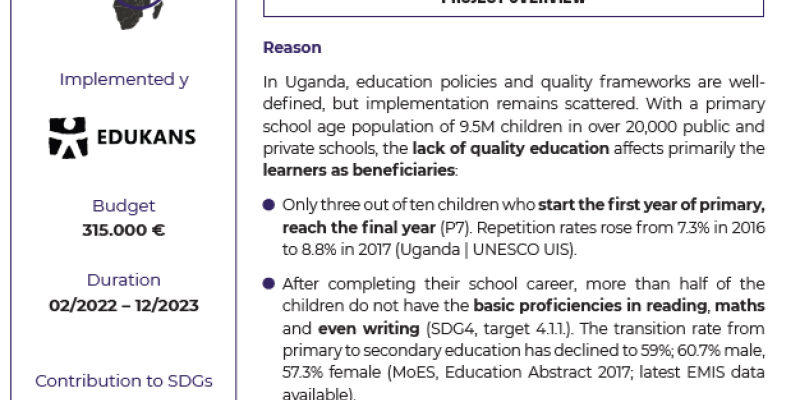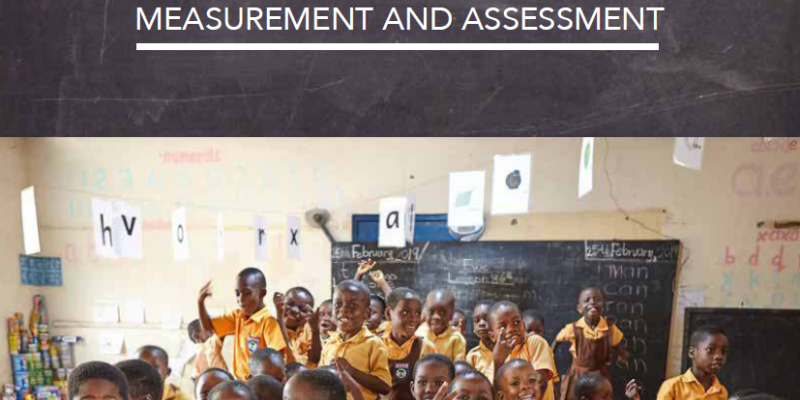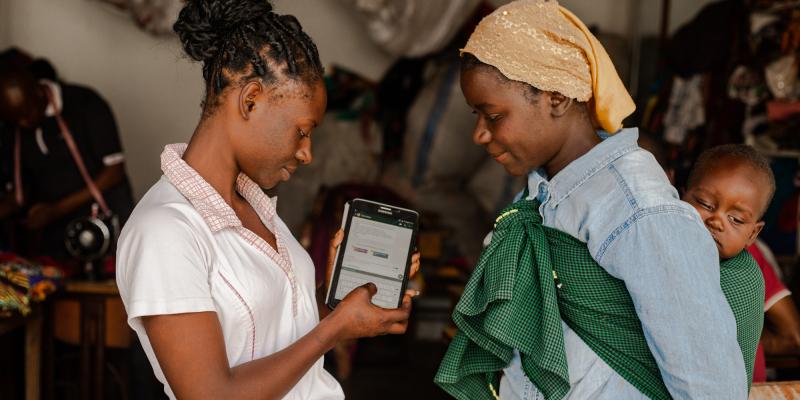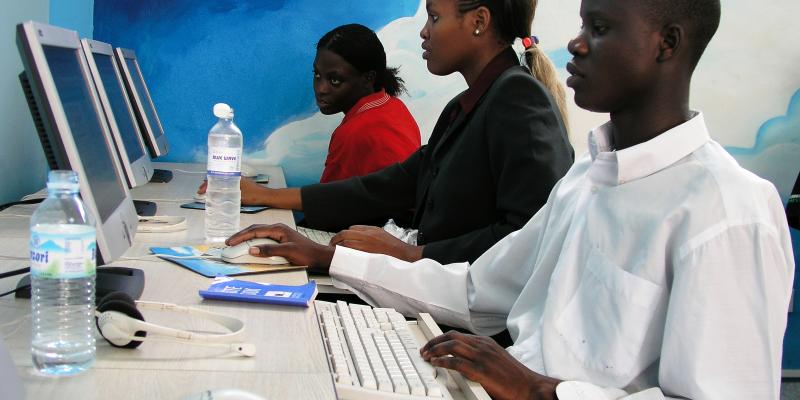In most developing countries, education policies and quality frameworks are well-defined, but implementation remains a big challenge. In Uganda, only three out of ten children who start the first year of primary, reach the final year (P7). At completion of their school career, more than half of the children do not have the basic proficiencies in reading, maths and even writing. Schools management and teaching staff lack insight into crucial areas of improvement to be able to monitor and strengthen educational performance. In addition, school inspectors have limited time and resources to visit schools and are lacking practical analytical tools to identify the right priority areas of improvement and provide guidance to the schools. Finally, communities and care givers have insufficient voice in school matters and quality issues concerning the education of their children.
The EDU Q-card is an online tool that enables schools to (self)assess their performance in a modelled way. The innovation is based on the Edukans STAR-school model and educational quality improvement that comprises five domains of education quality, each domain carries eight key indicators. The assessment procedure is carried out interactively, continuously involving parents and community. This results in meaningful, actionable and realistic school improvement plans that are carried out with focus and commitment.
1) 218 schools fully assessed. Due to internet connectivity challenges, all these schools used hard copy assessment tools which were entered in the digital Edu Q-card tool by the headteachers at a later stage.
2) 1.710 teachers (996 Males and 714 Females) trained on digital
school assessments and school improvement plans.
3) 2.269 SMC and PTA representatives (1461 males and 802 Females) trained on digital school assessments and school improvement plans.






